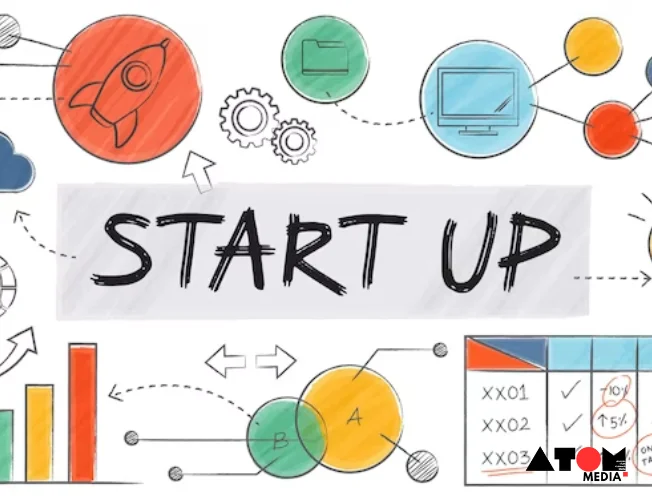With the 2024 Lok Sabha elections completed, India is excitedly awaiting the formation of a new government. The startup ecosystem, a critical generator of economic growth, has high hopes for the coming five years. This decade is important for accomplishing ambitious national goals, such as a $5 trillion GDP by 2030 and significant progress toward the Sustainable Development Goals (SDG).
Focus on Manufacturing and Job Creation
The new government’s top aim is to shift India’s economy to one based on manufacturing. This plan includes luring global semiconductor businesses and encouraging domestic AI development. The government has already taken initiatives, such as granting incentives to create chip manufacturing facilities.
Reducing Regulatory Burden
Startups are particularly concerned about the complex regulatory landscape. Founders prefer a more predictable and simplified approach, with less ambiguity and a focus on encouraging creativity. “We need regulatory agencies to be less punitive,” stated Amit Prasad, the founder and CEO of SatNav Technologies. “Minor compliance issues should not be viewed as probable fraud. The existing strictness in tax and social security collections causes unneeded hardship, particularly for businesses with delayed receivables due to genuine reasons.” Prasad suggests a system with moderate sanctions for short-term noncompliance, as long as the corporation shows good faith in resolving the situation. He also emphasized the importance of clearer communication from the government, avoiding alarmist language that discourages young businesses.
Sustainable Development and Green Jobs
Balancing economic growth and environmental responsibility is critical. Startups, which are inherently agile and adaptive, are well positioned to contribute to India’s SDG targets. “Many startup models already align with sustainability and job creation,” said Pranav Pai, a founding partner at 3one4 Capital. “Startups have clearly contributed to economic and social progress by providing jobs and supporting intellectual property creation. Their participation would be much more important in meeting India’s economic and SDG goals by 2030.” The transition to electric vehicles (EVs) is a central component of the SDG strategy. India’s current EV dominance lies in the two-wheeler segment, driven by commercial applications. Companies like Zypp Electric, a recent recipient of funding from energy giant ENEOS, exemplify this trend with their deep inroads into the hyperlocal delivery market. Similar models need to be explored and developed for electric cars, buses, and heavy-duty vehicles.
“Growing government support, infrastructural advancements, and rising consumer awareness point towards immense potential for the EV sector in the next five years,” said Akash Gupta, co-founder and CEO of Zypp Electric.
Harnessing the Power of AI
Artificial intelligence (AI) has the potential to revolutionize various sectors, including healthcare, finance, education, and e-commerce. While the government has announced significant investments in AI, industry leaders believe a more comprehensive policy framework is needed. Many stakeholders advocate for an AI policy modeled after the successful Startup India initiative. This policy should incentivize innovation and avoid creating unnecessary hurdles.The government needs to view AI as an opportunity, not a hindrance,” remarked a Bengaluru-based founder. “An AI-friendly policy can unlock significant economic growth and is crucial for India’s aspirations in semiconductors and robotics.
This founder also underlined the significance of using domestically generated AI products: “While India focuses on chip manufacturing for the global market, it’s equally important to encourage the use of these chips by Indian companies within the semiconductor space itself.” Pranav Pai shared these comments, emphasizing the necessity for a national AI mission that will use Indian-made AI solutions to boost economic and social productivity. “A well-defined national AI agenda, similar to successful initiatives like Digital India, Startup India, and Make in India, will undoubtedly galvanize Indian startups and propel them towards achieving impactful results,” he said.
The focus on job development remains vital. Policymakers must ensure that economic and technical progress is complemented by the creation of long-term and well-paying jobs. The incoming government’s approach to these important areas will have a substantial impact on India’s economic trajectory and capacity to meet its lofty national objectives. By creating a conducive climate for innovation, job creation, and responsible growth, the government can help the Indian startup ecosystem thrive and contribute significantly to the country’s future.
Read more: Marketing News, Advertising News, PR and Finance News, Digital News





